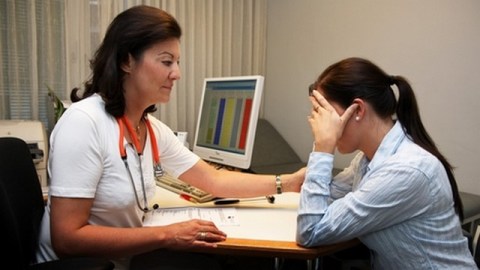Low-Economic Populations Have Higher Risk of Cancer

Article written by guest writer Rin Mitchell
What’s the Latest Development?
According to a study, cancer is slated to beat out heart disease as the world’s number one leading cause of deaths. In 2008, the number of reported cancer cases was 12.7 million. It is projected to go up to 22.2 million by 2030. According to the study, the increase will be in people from low and middle-income regions. Certain cancers such as stomach, liver and cervical are already common among people in lower economic areas. However, reproduction, diet, hormones and tobacco use are factors in many of the new cases of cancer, which the American Cancer Society believes rules out the idea that there is “significant variation in the types of cancer occurring in various regions of the world based on different levels of development.”
What’s the Big Idea?
Cancer, most commonly known to target people with a family history of the disease or bad lifestyle habits, is now seen by some researchers as a disease that affects people in countries where the economy level is low. Does cancer have a mind of its own? The report indicates that economic status of a country’s region can determine the type of cancer those areas of the country are affected with. Experts believe these results “are a wake-up call for the global community.” What is that wake-up call exactly? Will people need to move to more economically developed environments, in addition to changing their lifestyle habits, to lower their risk of cancer?





